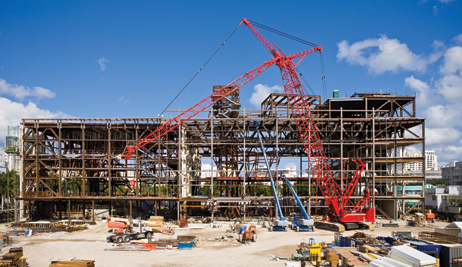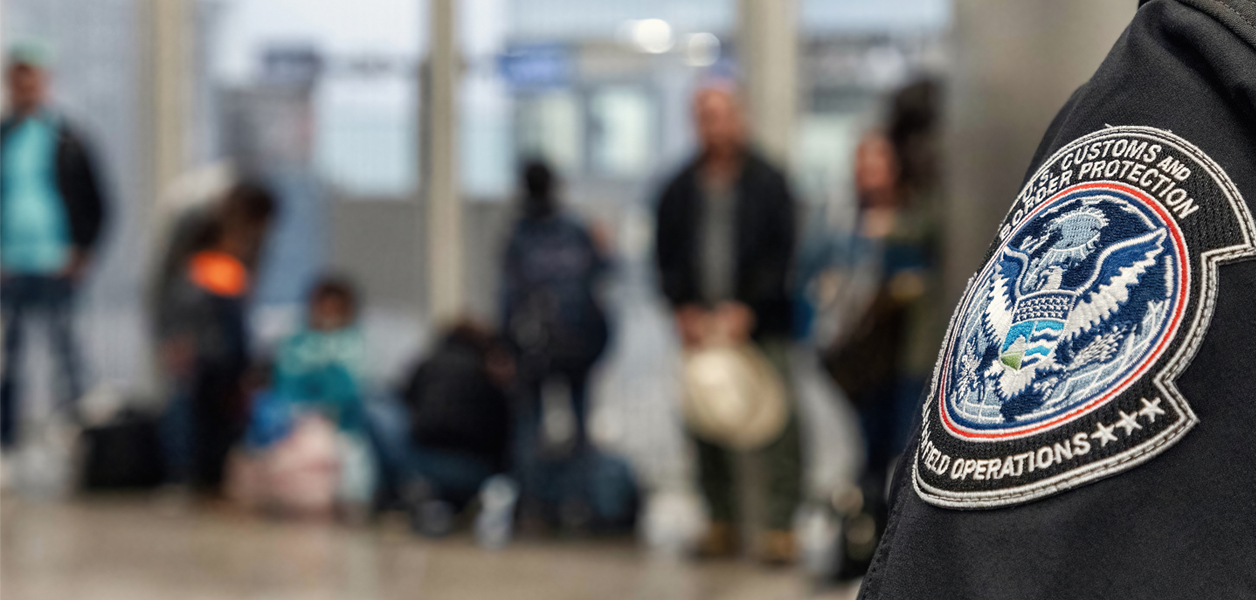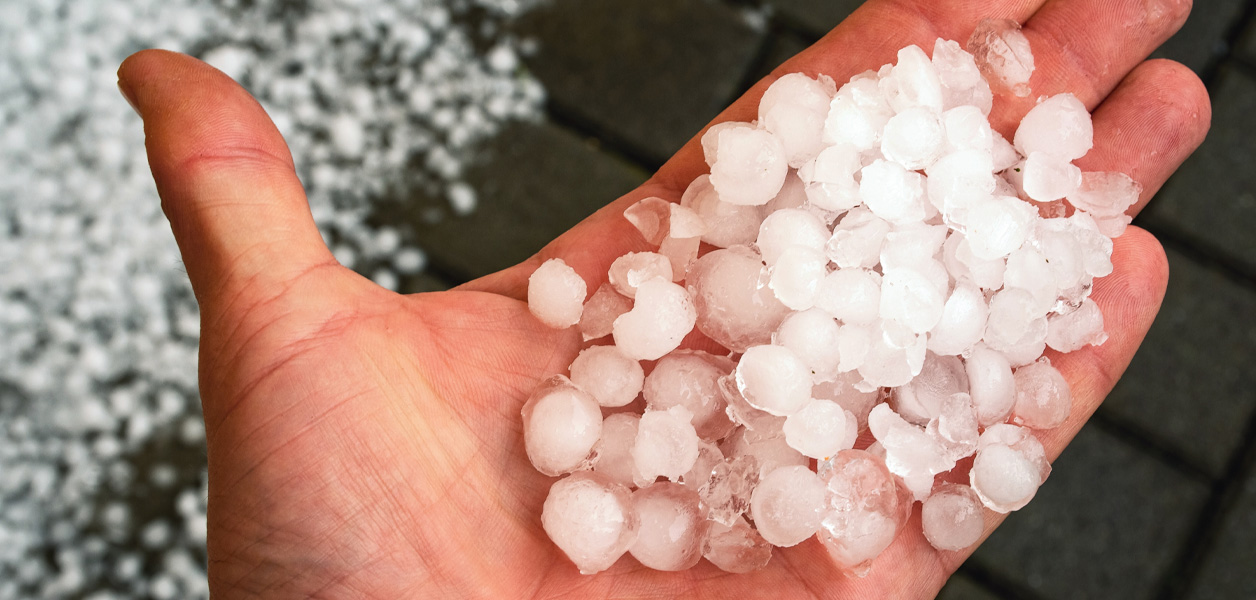President Trump has delayed imposing steel and aluminum tariffs on Canada, the European Union (EU) and Mexico until June 1 and has reached agreements for permanent exemptions for Argentina, Australia and Brazil, according to www.reuters.com. The decisions came only hours before temporary exemptions from the tariffs on these countries were set to expire.
In a statement, the White House said details of the deals with Argentina, Australia and Brazil soon would be finalized and did not disclose terms.
"The administration is also extending negotiations with Canada, Mexico and the European Union for a final 30 days," the White House statement said. "In all of these negotiations, the administration is focused on quotas that will restrain imports, prevent transshipment, and protect the national security."
On March 23, Trump imposed a 25 percent tariff on steel imports and 10 percent tariff on aluminum but granted temporary exemptions to Canada, Mexico, Brazil, the EU, Australia and Argentina. Trump also has granted a permanent exemption on steel tariffs to South Korea as part of a revision of a free trade pact he criticized.
The tariffs have increased tension with U.S. trading partners and prompted several challenges before the World Trade Organization. The purpose of the tariffs is to allow the two U.S. metals industries to increase their capacity utilization rates above 80 percent for the first time in years.
Trump administration officials have said instead of tariffs, steel- and aluminum-exporting countries would have to agree to quotas designed to achieve similar protections for U.S. producers.
Australia's Prime Minister Malcolm Turnbull and Trade Minister Steven Ciobo welcomed the tariff exemption and said the country would continue to work with Washington, D.C., to prevent dumping.
South Korea earned a permanent exemption from steel tariffs by agreeing to quotas that will cut its steel shipments by about 30 percent from 2017 levels. Seoul is still subject to U.S. aluminum tariffs.
The White House said the agreements reflect the administration's efforts "to reach fair outcomes with allies to protect our national security and address global challenges to the steel and aluminum industries."
Canada, Mexico and the EU have insisted they will not accept quotas to gain permanent exemptions from the U.S. tariffs.





